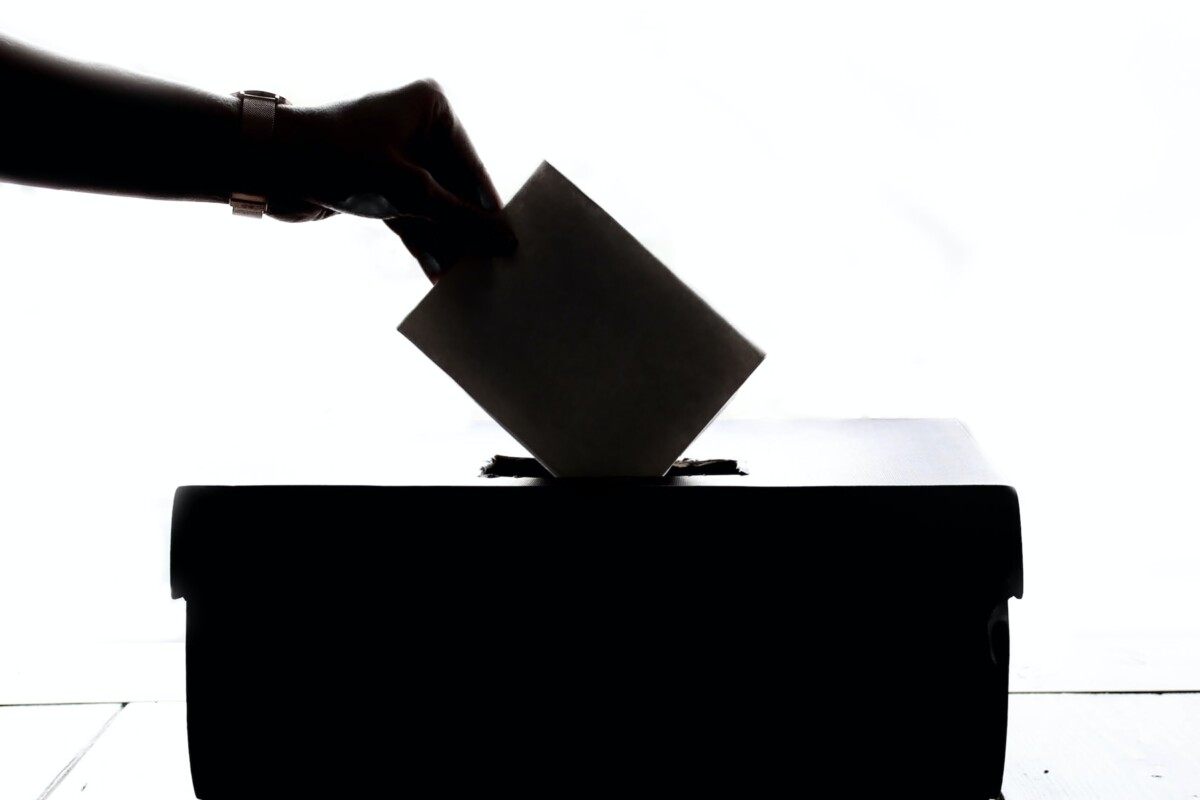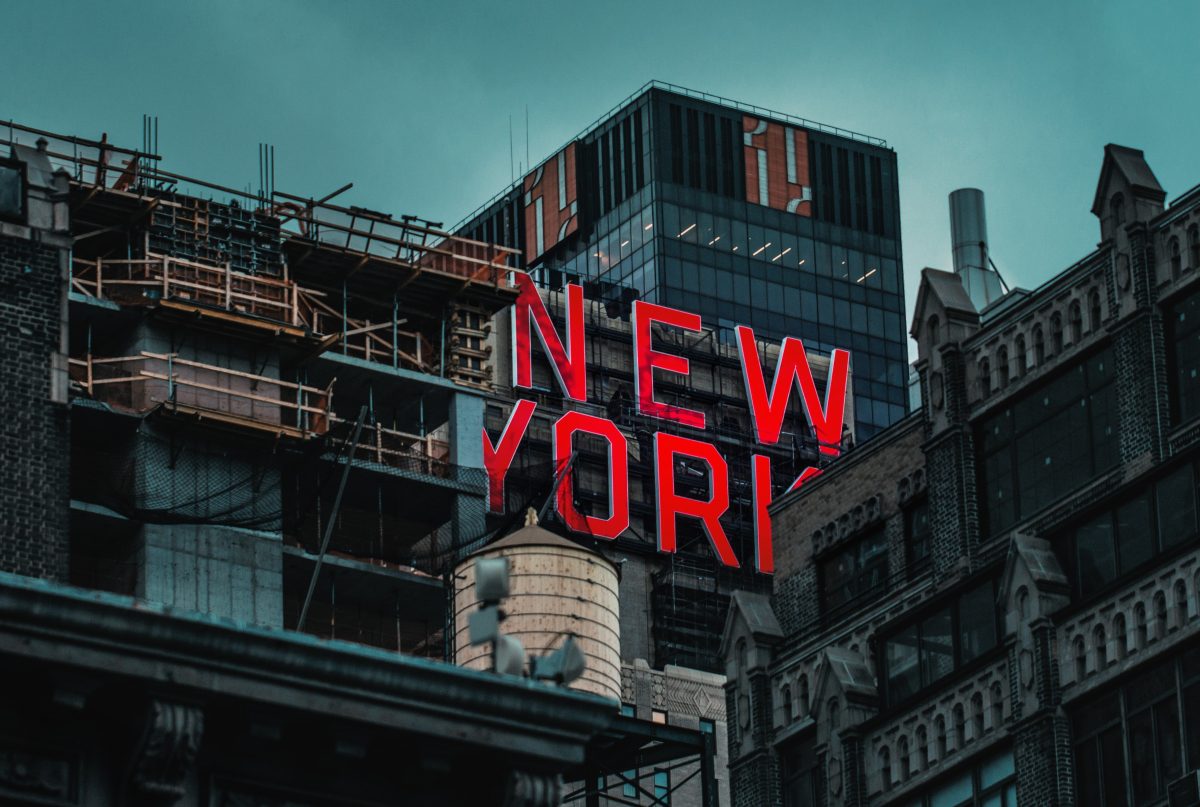A watershed reform of U.S. money laundering laws could allow investigators to uncover the proceeds of foreign bribery, drug trafficking and terrorism in just a few keystrokes.
For quite a long time as a government examiner in New York Daniel R. Alonso drove groups that needed to look through a labyrinth of namelessly possessed corporate substances to uncover crime
“It required a wide range of shoe-cowhide researching to recognize who was truly behind these shell organizations,” reviewed Alonso. “You’d need to summon bank records and attorneys, just as human sources, and that being said you often hit an impasse.”
Presently, on account of a watershed upgrade of U.S. tax evasion laws, finding the returns from unfamiliar pay off, drug dealing and financing for fear mongers could be as simple as a couple of keystrokes.
The new enactment unobtrusively passed by Congress a month ago following a long term battle is the most clearing banking change of its sort since entry of the Patriot Act, in the repercussions of the Sept. 11, 2001, psychological militant assaults.
Unexpectedly, shell organizations will be needed to give the names of their proprietors or face firm punishments and prison sentences. The data will be put away in a private information base open to government law authorization and imparted to banks who are regularly accidental associates to worldwide defilement.
“It is anything but an exaggeration that this law is a distinct advantage in some genuine manners,” said Alonso, who is currently in private work on prompting customers on unfamiliar defilement and against illegal tax avoidance issues.
The Corporate Transparency Act was gotten into a safeguard spending charge initially rejected by President Donald Trump and afterward abrogated by Congress on New Year’s Day.
It was presented by Rep. Carolyn Maloney, a New York Democrat, in 2010 and right off the bat confronted resistance from banks and business bunches stressed over formality just as states, for example, Delaware and Wyoming, which procure significant incomes from the enlistment consistently in the U.S. of almost 2 million organizations and restricted risk organizations.
Be that as it may, a line of global monetary embarrassments including soccer’s administering body FIFA and the 1MDB improvement bank from Malaysia, just as the spilling of the supposed Panama Papers, ultimately relaxed analysis by uncovering the conspicuous pretended by cryptic shell organizations sequestered from everything the returns from illegal action.
The U.S. monetary framework – the world’s biggest and generally steady – has for some time been a magnet for filthy cash. However, the instruments to forestall maltreatment by agitators haven’t stayed up with innovation and an expansion of moment, online exchanges across borders.
The new law looks to reinforce controls by making a library oversaw by the Treasury Department that will contain the names of the genuine proprietors of both locally made shell organizations just as unfamiliar ones leading business in the U.S.
Making a shell organization in states like Delaware requires minimal in excess of an installment of a $90 charge and a one-page letter posting the element’s the name, P.O. Box and an enlisted specialist who is every now and again a law office committed to producing organizations in mass. The genuine proprietors are seldom recorded, their personalities covered up under a snare of auxiliaries. However, when made, the elements can be utilized to buy genuine resources, for example, land, utilizing badly gotten reserves subtly moved into a U.S. ledger.
One such Delaware-based organization, Essential Consultants LLC, was utilized by Trump’s previous individual lawyer, Michael Cohen, to cover quiet cash installments to pornography star Stormy Daniels. Others enlisted in the state have been attached to ruin military officials in Venezuela, drug dealing guerrillas from Colombia and previous Zimbabwean tyrant Robert Mugabe.
“Congress was late to recognize that mystery is fit as a fiddle in the United States,” said David P. Weber, a previous U.S. Depository agent who was one of two specialists to audit the Panama Papers before distribution. “Kleptocrats and degenerate unfamiliar authorities didn’t require mystery ledgers in Switzerland. They were here.”
Less promoted, the law additionally significantly grows grants for informants. In particular, people who approach with proof of monetary wrongdoing are qualified for get up to 30% of cash seized by the Treasury or Justice Departments when their data prompts effective law requirement activities. Beforehand, grants were covered at $150,000.
“This could wind up being the mystery ingredient,” said Michael Nadler, an as of late resigned government investigator in Miami who has brought charges against many degenerate Venezuelan authorities. “It can possibly weaponize low-positioning organization officials who approach delicate customer data and see criminal conduct.”
The Justice Department will likewise have extended forces to request unfamiliar financial balance records when they speculate crime. Furthermore, the law additionally stretches out oversight to the exchange high-esteem ancient pieces. Costly fine art – a successive vehicle to shroud the returns of debasement – may likewise be brought inside the range of against tax evasion laws forthcoming an examination the public authority should create inside a year.
While it might require some investment for the law’s effect on be felt, specialists trust it will drive away from the U.S. a portion of the grimy cash from abroad that has driven up land costs in significant urban areas like New York, Miami and Los Angeles.
However, no one anticipates that wrongdoing and defilement should stop. One shortcoming of the law, says previous Treasury examiner Weber, is that it will drive violations further into the dimness, away from the U.S. to less legitimate locales where mystery remains.
“From multiple points of view,” he stated, “this resembles a multi-million dollar round of whack-a-mole.”




